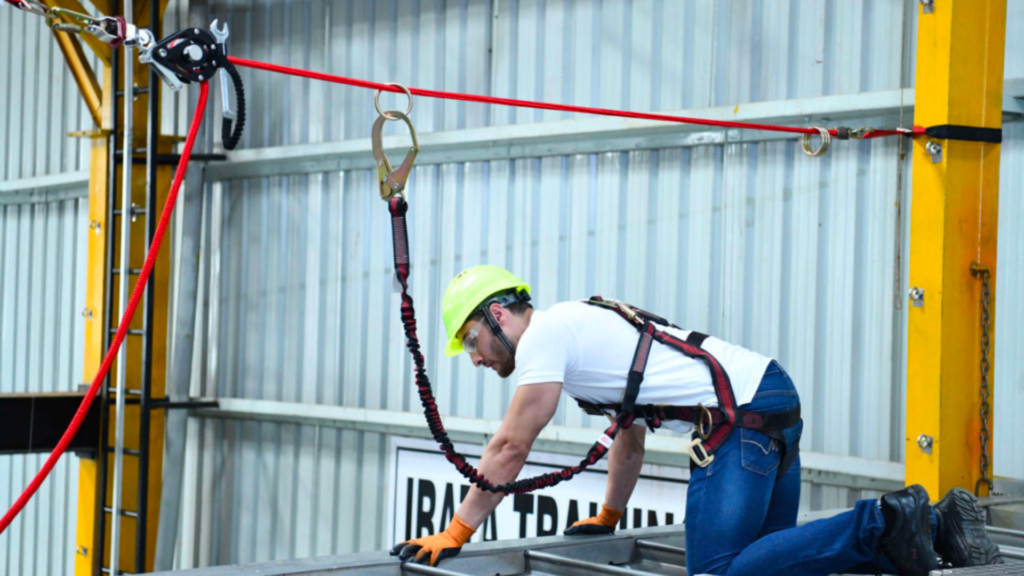
The Philippines, a nation blessed with natural beauty, is no stranger to adversity. However, the resilience and strength of its people are tested time and again as they face socio-economic challenges and natural disasters. In these trying times, temporary lifeline solutions emerge as crucial lifelines, providing immediate assistance to those in need. This article aims to explore the significance of temporary lifeline solutions in the Philippines and shed light on key aspects that contribute to their effectiveness.
Understanding the Need for Temporary Lifeline Solutions
In a country where poverty remains a pressing issue and vulnerable communities are disproportionately affected by natural disasters, the need for immediate assistance cannot be overstated. The Philippines’ unique geography makes it prone to typhoons, earthquakes, and other calamities, leaving many in dire circumstances. Temporary lifeline solutions act as a beacon of hope, offering support and relief to those affected.
Cash Transfer Programs for Immediate Relief
One of the most effective approaches to providing immediate assistance is through cash transfer programs. By directly transferring funds to individuals or households, cash transfer programs empower recipients to prioritize their own needs and bridge critical gaps in their lives. Such programs have demonstrated success in the Philippines, helping individuals rebuild their lives and fostering local economic growth.
For example, the Pantawid Pamilyang Pilipino Program (4Ps) has been instrumental in alleviating poverty and promoting education among vulnerable families. Through conditional cash transfers, the program has provided financial aid to millions, enabling them to secure necessities and invest in their future. Despite challenges such as targeting accuracy and sustainability, the 4Ps serves as a testament to the positive impact of cash transfer programs.
Access to Basic Services and Essential Supplies
During times of crisis, ensuring access to basic services and essential supplies is paramount. Government agencies and non-governmental organizations play a pivotal role in providing immediate relief by delivering essential supplies, including food, water, healthcare, and shelter. In addition to the provision of these basic services, innovative approaches are being embraced to enhance their efficiency and effectiveness.
For instance, mobile clinics equipped with medical professionals and supplies have been deployed to reach remote areas affected by disasters. These clinics provide critical healthcare services to communities in need, addressing immediate medical needs and promoting overall well-being. Similarly, partnerships between humanitarian organizations and local communities have facilitated the distribution of relief goods efficiently, ensuring that assistance reaches those who need it most.
Collaborative Efforts and Community Engagement
Temporary lifeline solutions are most effective when there is collaboration among government entities, organizations, and the affected communities themselves. By fostering meaningful partnerships and engaging the community, a comprehensive and sustainable support system can be established.
Collaborative efforts in the Philippines have yielded remarkable results. Through participatory approaches, communities have been empowered to take an active role in their own recovery. For instance, local disaster risk reduction and management committees have been established, allowing communities to contribute to emergency response plans and share valuable insights on the unique needs of their areas. Such community-driven initiatives have proven to be instrumental in providing targeted and effective assistance.
Takeaway
Temporary lifeline solutions serve as a vital support system during times of crisis in the Philippines. Cash transfer programs, access to basic services, and collaborative community engagement are all essential components of an effective response. By recognizing the urgent need for assistance, implementing innovative approaches, and fostering collaboration, we can ensure that vulnerable communities receive the support they need to recover and thrive.
As concerned citizens, we have a role to play in advocating for and supporting the implementation of these temporary lifeline solutions. By spreading awareness, supporting local initiatives, and engaging with policymakers, we can contribute to a more resilient and inclusive Philippines.
In these challenging times, let us unite and work towards a future where temporary lifeline solutions become permanent pathways to a better, more equitable society.
